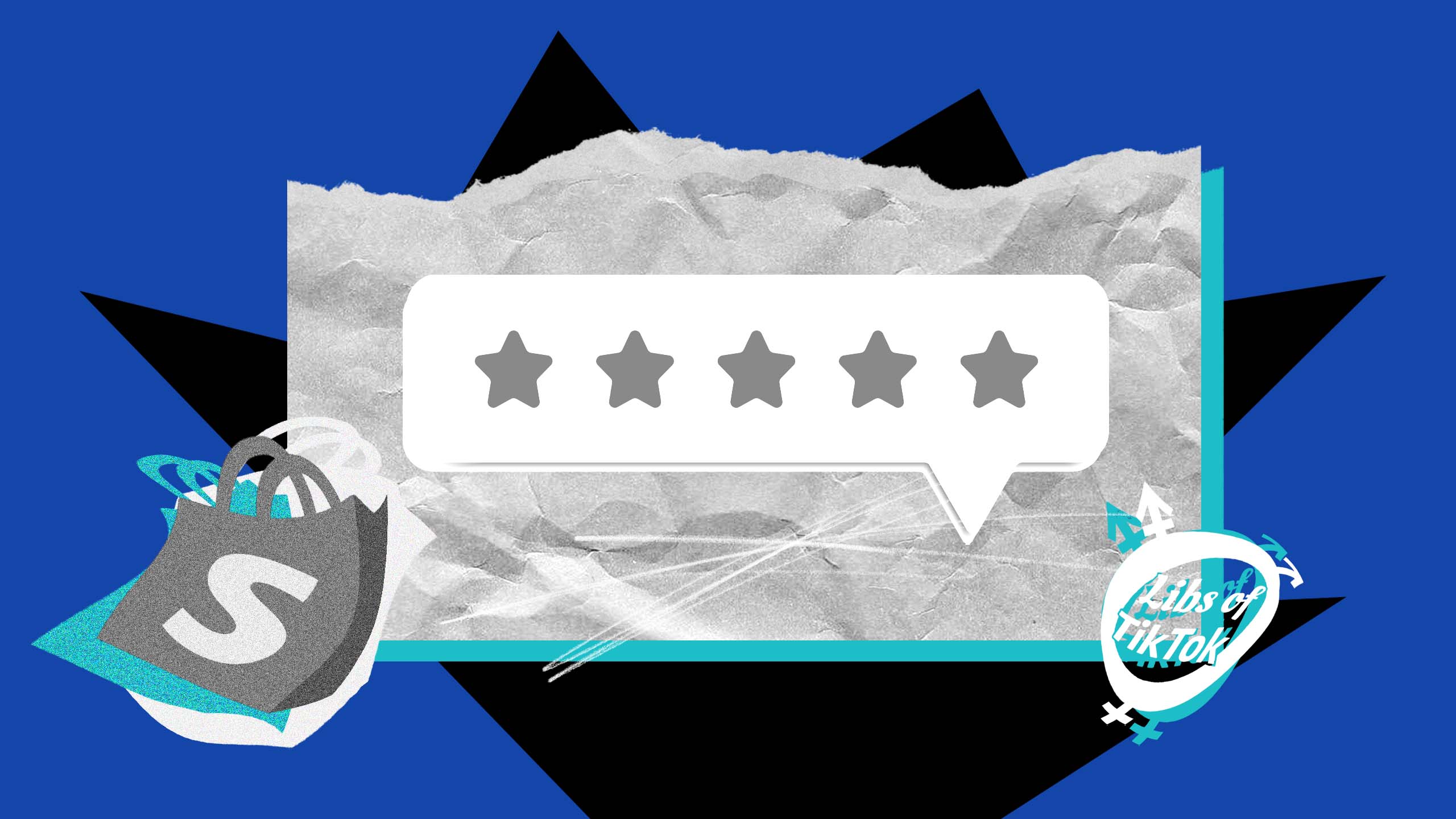Shopify is selling hate this holiday season. The Ottawa-based e-commerce company appears to have abdicated accountability by refusing to enforce their own terms of service against a store owned by Libs of TikTok, a hate group on which Xtra and other publications have reported extensively.
Shopify is a multinational e-commerce company used by approximately 1.75 million merchants and controlling around 11 percent of the e-commerce market. Shopify has a clear acceptable use policy (AUP) that seems to ban merchants who use their stores to promote hate speech. As it states in section 4:
“You may not use the Services to promote or condone hate or violence against people based on race, ethnicity, color, national origin, religion, age, gender, sexual orientation, disability, medical condition, veteran status or other forms of discriminatory intolerance. You may not use the Services to promote or support organizations, platforms or people that: (i) promote or condone such hate; or (ii) threaten or condone violence to further a cause.”
Other parts of the AUP ban harassment and bullying. And yet, as of Nov. 25, Shopify has stated that they will not be removing Libs of TikTok’s store from their platform. As CEO Tobias Lütke posted on Twitter in response to a recent CBC story: “Shopify has a published acceptable use policy and a principled process to apply it. Pressure groups on all sides try to influence it sometimes and CBC needs to see through that not amplify bad faith narrative.”
What bad faith narrative is Lütke referring to? The Libs of TikTok’s Shopify store, which sells merchandise bearing the slogan “Stop grooming our kids,” perpetuates a fringe narrative that frames children’s education about gender identity or sexual orientation as a form of child abuse, with the implication being that children are being sexually trained: an argument that is typically interpreted as linking queerness with pedophilia. Those who peddle this toxic notion also claim that any queer representation or visibility is a form of grooming.
By doing so, those who use grooming rhetoric demonize queer and trans people and increase the probability that lone-wolf actors will take violent action against them: an interpretation that the owner of Club Q in Colorado has already suggested as a possible contributing factor for the recent shooting.
It is difficult to understand why Shopify refuses to act, given that Libs of TikTok seems to violate the company’s stated policies on several fronts. Independently of its Shopify store, the group has spread lies and misinformation that have, among other things, led to death threats at a Boston children’s hospital. It has fanned the flames of hate against the LGBTQ2S+ community under the guise of entertainment and free speech. In terms of its merchandise, its slogans deploy a well-known dog whistle that suggests queer people are abusing children.
There are a number of possible explanations for Shopify’s unwillingness to remove the store. It could be because the merchandise in question doesn’t explicitly call for violence against LGBTQ2S+ people. It could also be because Libs of Tiktok’s modus operandi of resharing hateful commentary to their 1.5 million followers cannot be definitively linked to the harassment that inevitably follows. It is also possible that Shopify is wary of legal action, which the group has threatened in the past in response to attempts to censure them on Twitter. More cynically, it may be that Shopify is unwilling to part with whatever commission it makes off the store’s sales.
Whatever the case, it makes me wonder whether we need to reconsider what constitutes incitement to violence against a group. The term stochastic terrorism refers to speech that does not explicitly call for violence, but creates a climate in which that violence is statistically probable. Juliette Kayyem, an American national security expert who has spoken extensively about stochastic terrorism, referenced its rise in an interview with The Advocate from this past summer. Speaking of groups that use this kind of rhetoric, she said: “I think they know the damage they’re doing. It’s a political calculation that the damage is worth the win, and I think that’s horrifying.”
Certainly, the apparent founder of Libs of TikTok, Chaya Raichik, doesn’t seem to see this as a problem. Raichik flaunts the label of “stochastic terrorist” in her Twitter bio. While the intent is doubtless to poke fun at the term, it is a strange thing to wear as a supposed badge of honour.
While we have yet to see a terrorist attack that explicitly cites Libs of TikTok as an inspiration, the pipeline to radicalization and violence through alt-right communities is well-documented: the Christchurch shooter in New Zealand had a link to far-right groups on Facebook and YouTube; the Bratislava teen who shot up a gay bar in October was an active user on 4chan and alt-right channels on Telegram. It is precisely this sort of activity platformed by an e-commerce giant such as Shopify that draws these groups into the mainstream and centres their hateful content and conduct in ways that normalize it within the North American ecosystem.
So, what can we do? The first step is to report the Libs of TikTok store on Shopify (which I will not be directly linking to here out of a desire not to amplify their platform). Of course, it’s doubtful that Shopify will remove it: after all, they’ve had months to do so already, and have chosen not to, speaking to their lack of moral courage and their unwillingness to denounce anti-LGBTQ2S+ hatred. To many from this community, this reads as an implicit endorsement of this shameful behaviour.
While it’s upsetting when companies such as Shopify refuse to do the right thing, ultimately it is up to consumers to decide which e-commerce platforms they want to support. There are many alternatives that don’t platform online hate and our dollar can make a difference, especially with the winter holidays around the corner. I am not even asking Shopify to change its policies: the bar is even lower than that. Rather, I am asking them to enforce them and urging others to do the same.
As for merchants? Your words speak even louder than those of your customers. Consider filing a complaint with Shopify. Tell them that you too are uncomfortable with the company’s position. If you’ve noticed an impact on sales, mention it. Consider making it clear that you will switch platforms if the company doesn’t do the right thing and enforce its own stated terms of service.
Money talks, and in this case we can only hope that it speaks more loudly than hate.


 Why you can trust Xtra
Why you can trust Xtra


